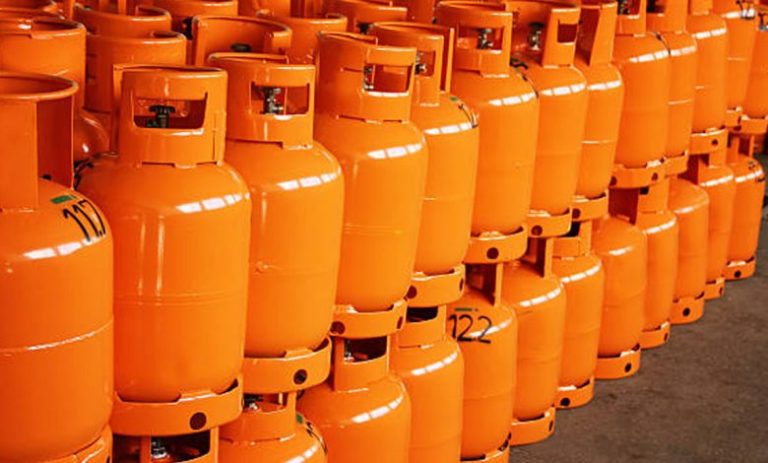The Federal Government has halted the export of domestically produced Liquefied Petroleum Gas (LPG), commonly known as cooking gas, in order to prioritize supply for the domestic market.
Announced by Minister of State for Petroleum Resources (Gas), Ekperikpe Ekpo, on Tuesday, this measure will take effect on November 1, 2024, and aims to address the rising gas prices in Nigeria.
The decision follows a high-level meeting convened by the minister in Abuja with key stakeholders to tackle the escalating costs and the resulting hardships faced by Nigerians.
Since June 2023, when President Bola Tinubu took office, the price of cooking gas has surged from N700/kg to N1,500/kg as of October 2024—an increase of approximately 114% over 16 months.
In response to these soaring prices, the minister established a high-level committee in November 2023, led by Farouk Ahmed, Chief Executive of the Nigerian Midstream and Downstream Petroleum Regulatory Authority (NMDPRA), which includes essential stakeholders in the LPG value chain. Despite these efforts, prices have continued to fluctuate, recently climbing from an average of N1,100–N1,250/kg to N1,500/kg.
To address this issue, the minister outlined both short-term and long-term strategies. Starting November 1, 2024, NNPCL and local LPG producers will be required to cease exports of domestically produced LPG or import equivalent volumes at cost-reflective prices.
Regarding the pricing framework, the minister directed NMDPRA to collaborate with stakeholders to establish a new pricing structure within 90 days. This new framework will index prices to the cost of domestic production rather than relying on external market rates from regions like the Americas and Far East Asia, ensuring that Nigerians are not burdened with inflated prices for a resource the country naturally produces.
As a long-term solution, the government plans to develop facilities for blending, storing, and delivering LPG within the next 12 months, effectively suspending exports until the market stabilizes and achieves sufficient supply.
The minister has expressed significant concern over the ongoing rise in cooking gas prices and believes these directives are crucial steps toward overcoming the challenges and ensuring that Nigerians have access to affordable cooking gas.

